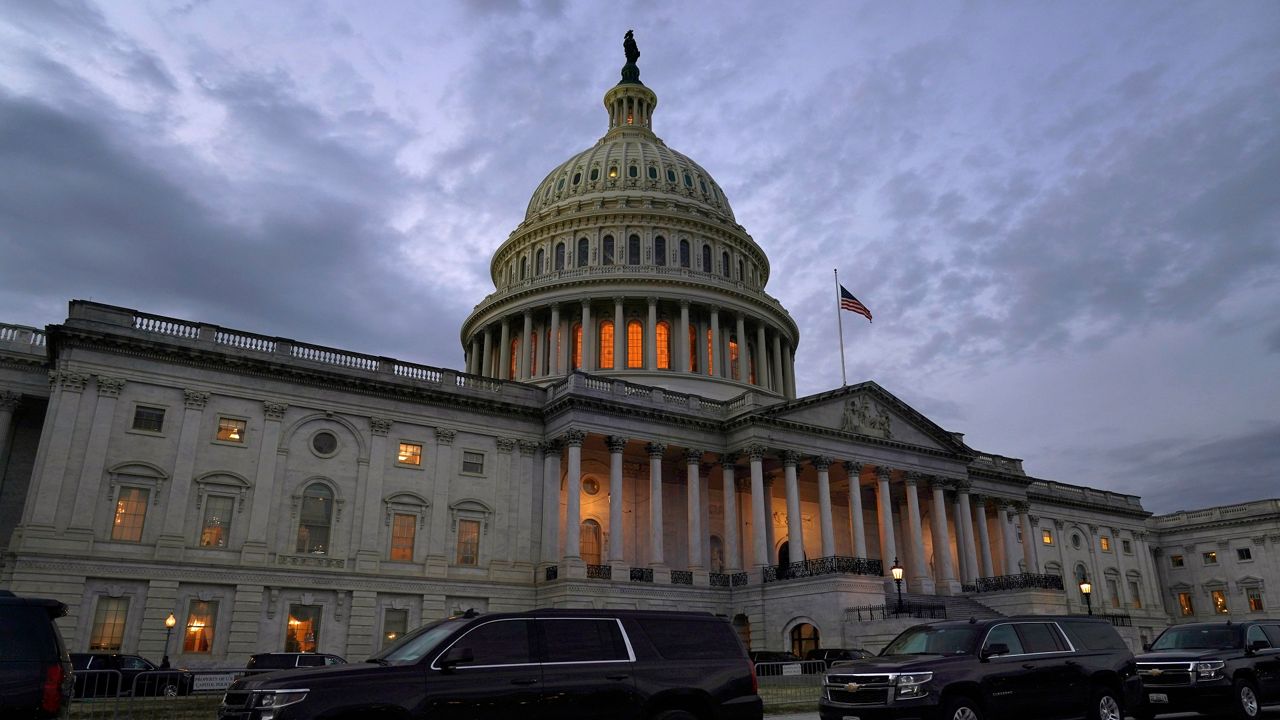What is usually an unsurprising, procedural gathering in Washington, D.C., looks to be be an all-out, high drama affair on Wednesday.
On Jan. 6, House and Senate lawmakers will gather as they do every four years in a joint session of Congress, as mandated by the U.S. Constitution, to count the electoral votes from each state ahead of the presidential inauguration, overseen by the Vice President of the United States.
The counting of the votes usually takes under an hour: In 2017, the session lasted 41 minutes; in 2013, it took just 23.
But this year, after a long, divisive, and contentious 2020 election, a number of Republican lawmakers in both the House and Senate say they plan to object to the electoral college votes, setting up for a drawn out process, which could include multiple hours of debate.
The move will not change the outcome of the election. Any objection would require both chambers of Congress to agree by a majority vote; the House is controlled by Democrats, and several Senate Republicans have said that they will not support the challenge. (The makeup of the Senate is currently 51 Republicans to 48 Democrats, with 1 vacancy.)
Even some Republicans have noted that their objections are unlikely to succeed.
Ahead of Wednesday’s joint session of Congress, here are where key Republican Senators stand.
- Josh Hawley (Missouri) - Hawley was the first Senator to announce he would join House Republicans in objecting to the results
- Ted Cruz (Texas) - Cruz led a group of 11 Senators who said they would object to the results
- Tommy Tuberville (Alabama)
- James Lankford (Oklahoma)
- Cynthia Lummis (Wyoming)
- Steve Daines (Montana)
- Bill Hagerty (Tennessee)
- Marsha Blackburn (Tennessee)
- Mike Braun (Indiana)
- Roger Marshall (Kansas)
- John Kennedy (Louisiana)
- Ron Johnson (Wisconsin)
- Kelly Loeffler (Georgia)
Note: David Perdue has said he would support challenging the Electoral College vote; however, his term in the Senate expired on Sunday, Jan. 3, ahead of Tuesday’s runoffs in Georgia. The results of the election are unlikely to be certified by Wednesday.
- Pat Toomey (Pennsylvania)
- Susan Collins (Maine)
- Mitt Romney (Utah)
- Tim Scott (South Carolina)
- Jerry Moran (Kansas)
- Jim Inhofe (Oklahoma)
- Mike Lee (Utah)
- Lisa Murkowski (Alaska)
- Bill Casisdy (Louisiana)
- Rob Portman (Ohio)
- John Thune (South Dakota)
- Mike Rounds (South Dakota)
- Kevin Cramer (North Dakota)
- John Hoeven (North Dakota)
- Shelley Moore Capito (West Virginia)
- John Cornyn (Texas)
- Thom Tillis (North Carolina)
- Richard Burr (North Carolina)
- Tom Cotton (Arkansas)
- John Boozman (Arkansas)
- Deb Fischer (Nebraska)
- Ben Sasse (Nebraska)
- Richard Shelby (Alabama)
- Roger Wicker (Mississippi)
- Roy Blunt (Missouri)
Note: Senate Majority Leader Mitch McConnell has acknowledged Joe Biden as the President-elect and it has been reported that he warned Senate Republicans not to challenge the results, but Politico reports that while the majority leader isn’t actively whipping his members either way, he is offering counsel to his caucus.
“This is a very difficult decision for each one of you, you each have to make it yourselves,” McConnell said on a recent conference call, Sen. Kevin Cramer recounted to Politico.



